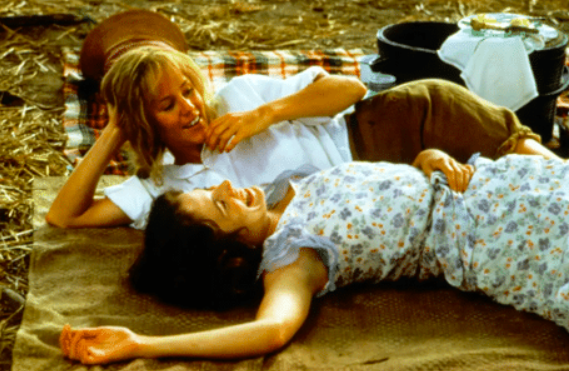
At first glance, Fried Green Tomatoes might seem like a nostalgic tale set in the American South, but beneath its warm storytelling lies a layered exploration of themes that remain urgent today. The story revolves around two timelines: Evelyn Couch’s self-discovery in the 1980s, and the intertwined lives of Idgie Threadgoode and Ruth Jamison during the 1920s and 1930s in Alabama.
What stands out most is the unflinching portrayal of female friendship as a form of resistance. In a society where women’s choices were restricted, Idgie and Ruth built a partnership that defied gender roles and social expectations. Their Whistle Stop Café was more than a restaurant—it was a safe haven where Black and white communities mingled, where the marginalized could find dignity, and where love, in its many forms, flourished.
Evelyn’s arc also reflects the frustrations of countless women who felt trapped in domestic roles during the late 20th century. Her encounters with Ninny Threadgoode, the elderly storyteller, spark a personal revolution that resonates with audiences still today. Evelyn’s transformation from passive housewife to empowered individual has been cited in feminist readings of the film as a symbolic reclaiming of voice and agency.
The novel was more direct about Idgie and Ruth’s relationship, leaving no doubt that theirs was a love story. While the film toned this down, fans and scholars alike continue to highlight the importance of this representation. At a time when queer relationships were rarely depicted positively in mainstream media, Fried Green Tomatoes offered audiences a glimpse of love that was tender, enduring, and deeply human.
Ultimately, the story’s enduring message is about courage—courage to love differently, to stand up to injustice, and to embrace one’s identity. Whether read as a friendship narrative, a queer love story, or a feminist parable, Fried Green Tomatoes continues to invite new interpretations, proving that its emotional power transcends generations.
